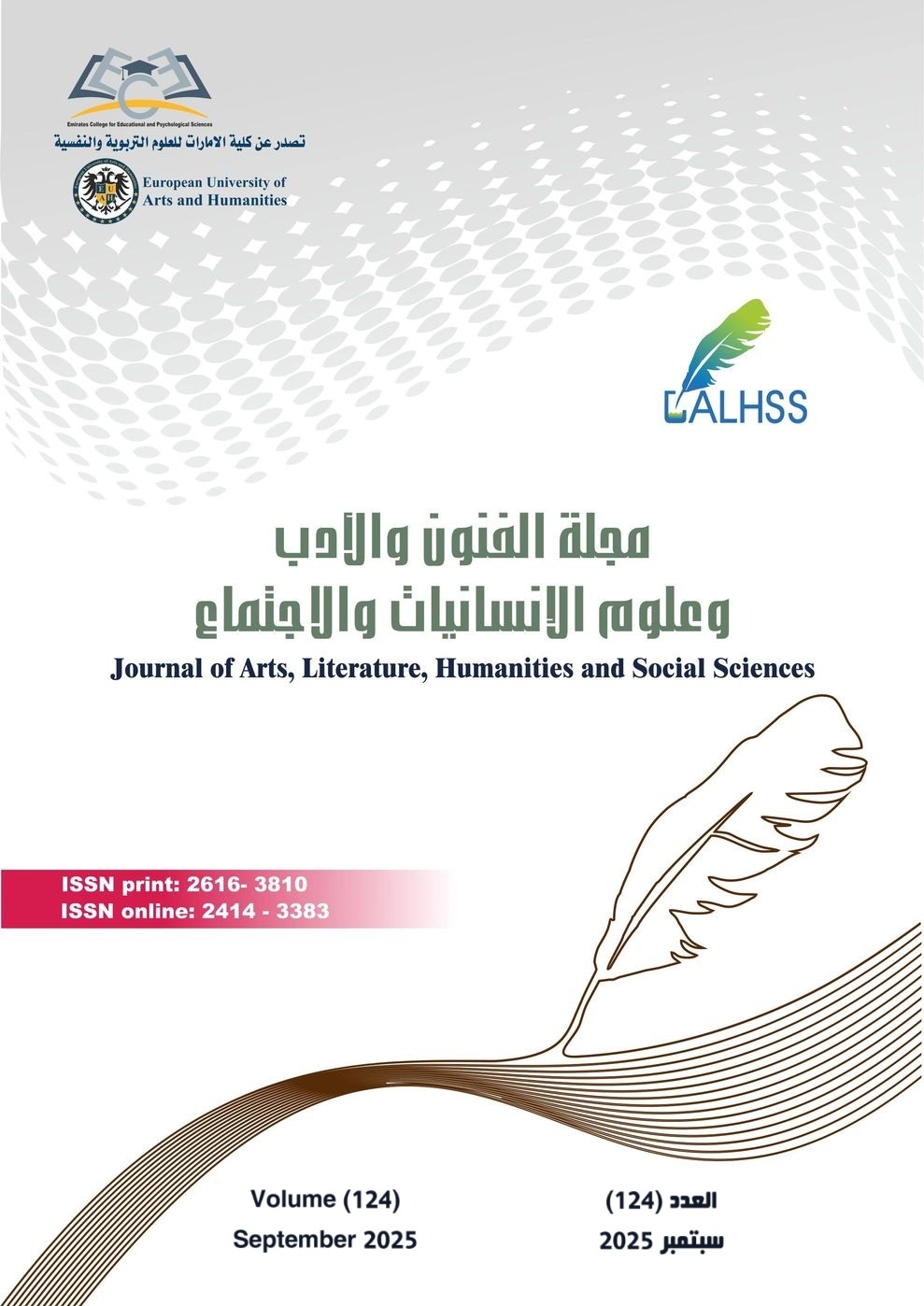The Level of Knowledge of the Concept of Sustainable Development in Palestine Among Employees of Sports and Government Institutions
الملخص
This study aimed to assess the level of knowledge of the concept of sustainable development among employees in sports and government institutions in Palestine and to examine whether gender-based differences exist. Using a descriptive-analytical approach, a questionnaire of (10) items measuring knowledge of sustainable development and its goals was administered to (2040) male and female employees across youth and sports-related institutions in Palestine, including the Higher Council for Youth and Sports, the Palestinian Olympic Committee, relevant ministries, and sports federations. The instrument was validated by experts, with reliability confirmed at Cronbach’s alpha of (0.79) for the knowledge domain, and data were collected in (2022). Statistical analysis involved means, standard deviations, and an independent-samples t-test for gender differences. Findings revealed that the overall knowledge level was moderate, with a mean of (3.22) out of (5), as all (10) items scored at a moderate level. The highest-scoring aspects were recognizing that sustainable development instills environmental ethics (3.32) and enhances awareness of social issues (3.27), while the lowest were recognizing gender equality (3.14) and prior reading on sustainable development (3.11). Results further indicated a statistically significant difference favoring males. Overall, the moderate knowledge level reflects a general but incomplete understanding of sustainable development, highlighting the need to strengthen comprehension of specific aspects, particularly gender equality, through awareness and training programs that would enable institutions to contribute more effectively to achieving sustainability goals.
المراجع
2. Al-Agha, Wafiq Helmi, & Abu Jamei, Naseem Hassan. (2010). Development strategy in Palestine. Al-Azhar University Journal of Gaza – Series of Human Sciences, 12(1), 467–510.
3. Al-Lahmadi, I. O. (2019). Social and Cultural Obstacles to Implementing Legislation Empowering Yemeni Women in Hadhramaut Governorate. Unpublished Master's Thesis, University of Nilein, Sudan.
4. Al-Rubaie, Ahmed, & Al-Dairi, Huda. (2021). Perceptions of Omani society regarding the role of sports in achieving the Sustainable Development Goals “2030.” Journal of Sport Sciences and Physical Education, King Saud University – College of Sport Sciences and Physical Activity, 5(2), 149–164.
5. Arab Women Organization. (2016). Women and the Achievement of Sustainable Development Goals in the Arab Region: A Guiding Study. Cairo: Arab Women Organization.
6. Chong, S. et al. (2022). Sport for Development Programs Contributing to Sustainable Development Goal 5. Journal of Sport for Development, 14(11), 1–15.
7. Education for Sustainable Development: Partners in Action Report, Key Partners in the Global Action Programme (2015-2029).
8. Education for Sustainable Development: Roadmap, 2022.
9. Hilal, Jamil (Ed.). (2008). Human development in Palestine: Preliminary contributions to the ongoing debate on concept and measurement. Ramallah – Palestine: Development Studies Programme, Birzeit University.
10. Jarrar, Saba. (2023). The use of sports in Palestine to achieve the fifth sustainable development goal: A case study (Higher Council for Youth and Sports). Journal of Sports Science Applications, Vol. 9, Issue 117.
11. Mortaja, Ahed Mahmoud Mohammed. (2017). The role of women in promoting the values of sustainable development in the governorates of Gaza. Master’s Thesis, Islamic University, Gaza – Palestine.
12. Muschett, D. (2000). Principles of Sustainable Development (B. Shahin, Trans.). Cairo: International Cultural Investments. (Original work published 1997)
13. Report “Education for Sustainable Development: Partners in Action” – Report of Key Partners in the Global Action Programme (2015–2029).
14. Statistical Report on Sustainable Development Goals, 2021, Publisher: Palestinian Central Bureau of Statistics, Year: 2022.
15. Teem, Hassan, & Al-Nadi, Ibtihaj. (2010). The degree of Palestinian women’s contribution to development from the perspective of graduate students at An-Najah National University in Nablus. An-Najah National University, Conference “The Educational Process in the Eleventh Century – Reality and Challenges.”
16. World Commission on Environment and Development (WCED). (1987). Our Common Future (Brundtland Report). Oxford: Oxford University Press.
الحقوق الفكرية (c) 2025 Maryam Mohammed Hathnawi , Prof. Riadh Ben Yassine Khalifa

هذا العمل مرخص حسب الرخصة Creative Commons Attribution-ShareAlike 4.0 International License.



